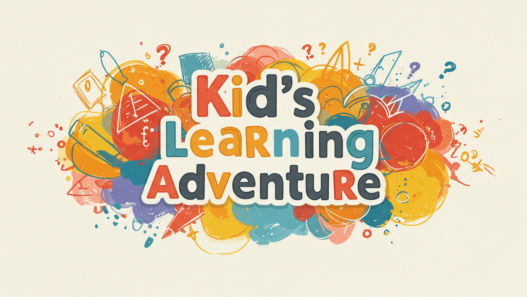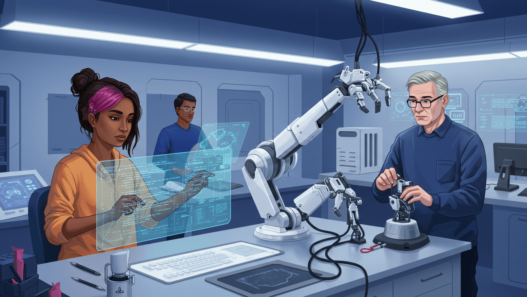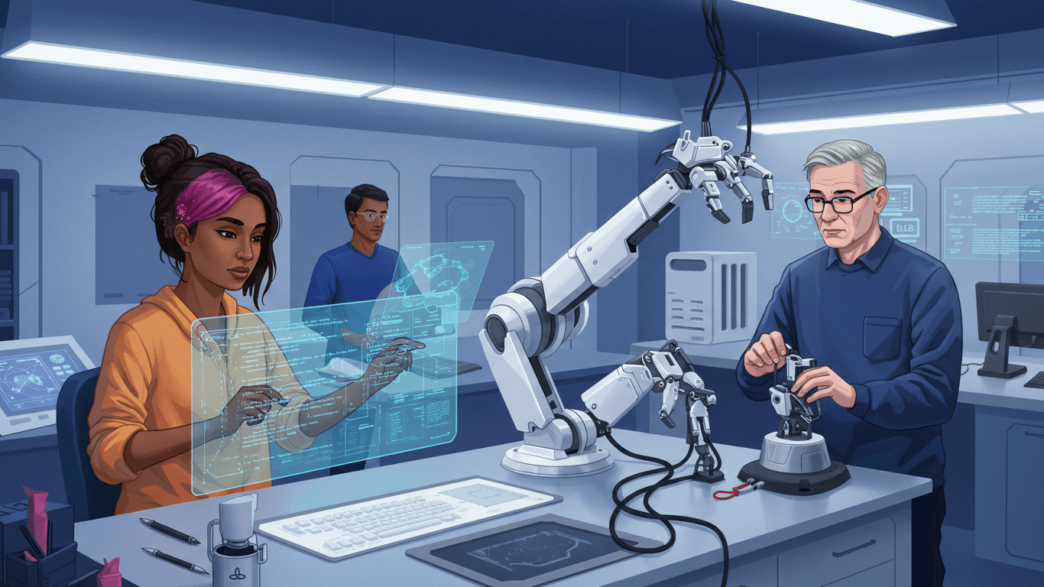TLDR: Open AI has released new tools, including the Responses API and Agents SDK, to simplify the development of AI agents. The Responses API combines Chat Completions and Assistants API features, offering built-in tools like Web Search, Document Search, and Computer Use. The Agents SDK helps manage single and multi-agent workflows with features like configurable agents and safety checks. OpenAI believes these tools will boost productivity and be essential for the future workforce.
OpenAI, a frontrunner in the ever-changing field of Artificial Intelligence, has recently unveiled a new toolkit designed to streamline the development of practical and dependable AI agents. These innovative tools empower developers and businesses to harness the potential of advanced AI models and transform them into production-ready solutions. This article delves into the details of these new building blocks and explores how they simplify the process of creating valuable and reliable AI agents.
New tools for building agents with the API
I. Introducing the Responses API

What is it? The Responses API is a new API primitive that combines the simplicity of the Chat Completions API with the tool use capabilities of the Assistants API.
Why is it important?
- Provides a more flexible foundation for building agentic applications as model capabilities advance.
- Enables developers to solve increasingly complex tasks with a single API call, utilizing multiple tools and model turns.
- Simplifies the process of combining OpenAI models and built-in tools into applications, reducing the complexity of integrating multiple APIs or external vendors.
The Responses API introduces key usability improvements, including a unified item-based design, simpler polymorphism, intuitive streaming events, and SDK helpers (e.g., response.output_text) for easy access to model output.
- Responses API is recommended for new integrations.
- Chat Completions API will still be supported.
- Assistants API will be deprecated by mid-2026.
II. Tools for Agents

The Responses API presents effective built-in tools that enable agents to engage more resourcefully with the real world.
A. Web Search: Accessing Real-time Information
The Web Search feature in the Responses API, available with gpt-4 and gpt-4-mini, delivers fast, current answers with clear citations from the web. It’s ideal for shopping, research, and travel booking and boosts user trust via source links.
B. Document Search: Extracting Information from Repositories
Document Search quickly retrieves relevant information from various file formats, with features like query refinement and custom reordering. It’s used in customer service, legal research, software development, and advanced RAG workflows.
C. Computer Use: Automating Desktop Tasks
The Computer Use tool within the Responses API allows developers to create agents that can automate computer tasks using the same Computer-Using Agent (CUA) model found in Operator. It can automate both browser-based and legacy system workflows, and is currently in research preview for select developers. Human oversight is still recommended due to the potential for errors.
III. Agents SDK

The new Agents SDK simplifies the orchestration of single-agent and multi-agent workflows. It offers key features including configurable LLMs (Agents) with clear instructions and built-in tools, intelligent transfer of control between agents (Handoffs), configurable safety checks (Guardrails), and visualization of agent execution traces (Tracing & Observability).
Key Features
- Agents: Easily configurable LLMs with clear instructions and built-in tools.
- Handoffs: Intelligent transfer of control between agents.
- Guardrails: Configurable safety checks for input and output validation.
- Tracing & Observability: Visualization of agent execution traces for debugging and optimization.
AI Agents: Constructing the Future of Work
OpenAI believes that AI agents will significantly boost productivity and become integral to the workforce. The new tools they have introduced, including the Responses API and Agents SDK, are the foundational building blocks that will enable developers and businesses to create, deploy, and scale reliable, high-performing AI agents. OpenAI is committed to future investments in this area to support the entire lifecycle of agent development and encourages developers to start building the next generation of intelligent applications using their documentation.
Resource: Open AI Blog




















